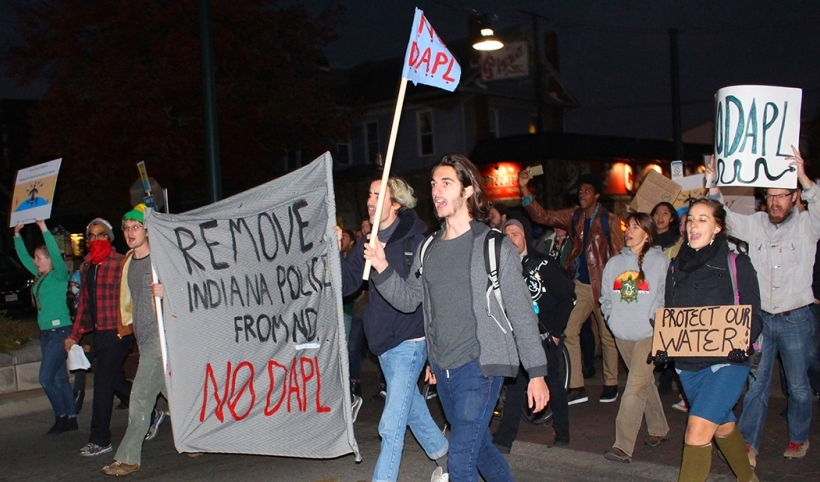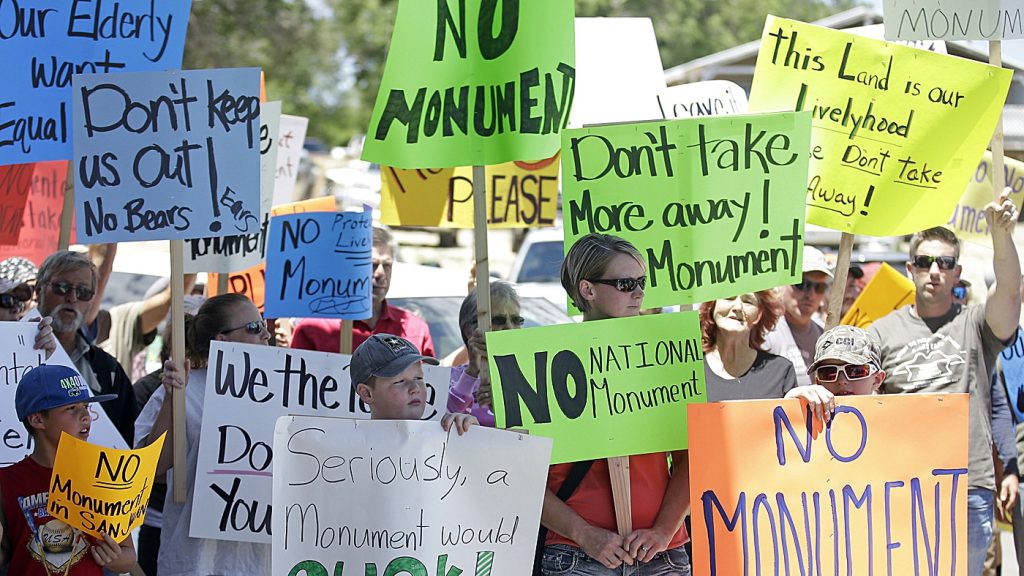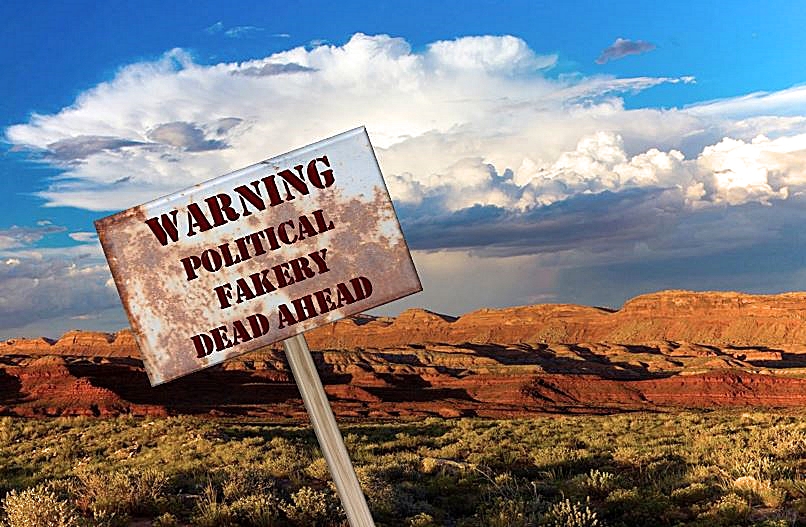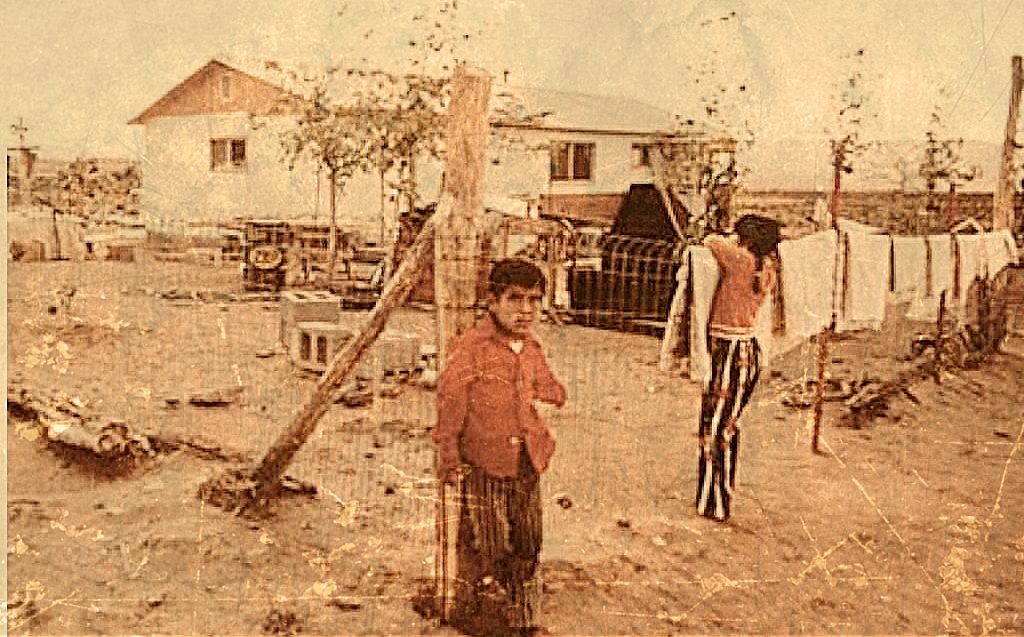Indigenous communities say they’ve had enough of activists invading their lands, misleading them about their agendas and using hard-line tactics against those who don’t agree.
Canada–With flowing long hair, stoic expression and tribal garb, Martin Louie, the hereditary chief of the Nadleh Whut’en First Nation in north-central British Columbia, more than looked and acted the part of an aggrieved leader in the epic fight against the Northern Gateway oilsands pipeline.
He was quoted in the campaign’s news releases, filed complaints to the United Nations and spoke defiantly to investors. Environmental group Stand.earth even described him as the “poster boy” for Indigenous opposition to Enbridge Inc.’s pipeline.
The $7-billion pipeline was eventually cancelled last year, but Louie didn’t actually want to sink the project. Lost in the heat of the public battle was that he really just wanted to win more money for his impoverished community than the “ridiculous” $70,000 a year being offered by the company.
Louie’s experience is indicative of a widening rift between Indigenous communities and activists over natural resources, particularly in British Columbia, the focal point of major green campaigns generously funded by U.S. interests to thwart oil and gas exports.
The campaigns consistently portray a united Indigenous anti-development front and allies of the green movement, but some Indigenous leaders are becoming alarmed that they could be permanently frozen out of the mainstream economy if resource projects don’t go ahead.
They said in interviews they’ve had enough of activists invading their lands, misleading them about their agendas, recruiting token members to front their causes, sowing mistrust and conflict, and using hard-line tactics against those who don’t agree.
“The best way to describe it is eco-colonialism,” said Ken Brown, a former chief of the Klahoose First Nation in southwestern B.C. “You are seeing a very pervasive awakening among these First Nations leaders about what is going on in the environmental community.”
For instance, Louie is now one of the leaders of the proposed $17-billion Eagle Spirit pipeline, a Northern Gateway alternative championed by First Nations.
“When I went after Enbridge we were trying to gain more benefits for major projects going through our country,” he said.
Word soon got out about his differences with Enbridge and he was approached by a handful of lawyers representing green organizations who promised him assistance and funding, Louie recalled.
Their partnership ended bitterly because the two sides had conflicting objectives. He wanted better benefits; the activists wanted the project to fail.
The eventual failure of Northern Gateway was just one of a series of tipping points in recent months that worry some Indigenous leaders.
There was also the demise of Pacific NorthWest LNG and Aurora LNG, as well as the continuing challenges faced by the Trans Mountain pipeline expansion and other proposed LNG projects. These cancellations and obstacles are celebrated by activists, but also wiped out jobs and revenue for First Nations.
Eagle Spirit also faces difficulties. Led by Indigenous lawyer Calvin Helin and supported by First Nations along the proposed route through northern B.C., the project will collapse if the federal government goes ahead with a tanker ban that is making its way through Parliament.
The ban is related to the Great Bear Rainforest, which was created by the B.C. government last year to conserve a big part of the province’s northern and central coast.
Both initiatives are seen by greens as big achievements, but are disputed by First Nations such as the Lax Kw’alaams, who said they were advanced without proper consultation and prevent their members from making a living.
Free Range Report
Thank you for reading our latest report, but before you go…
Our loyalty is to the truth and to YOU, our readers!
We respect your reading experience, and have refrained from putting up a paywall and obnoxious advertisements, which means that we get by on small donations from people like you. We’re not asking for much, but any amount that you can give goes a long way to securing a better future for the people who make America great.
[paypal_donation_button]
For as little as $1 you can support Free Range Report, and it takes only a moment.



